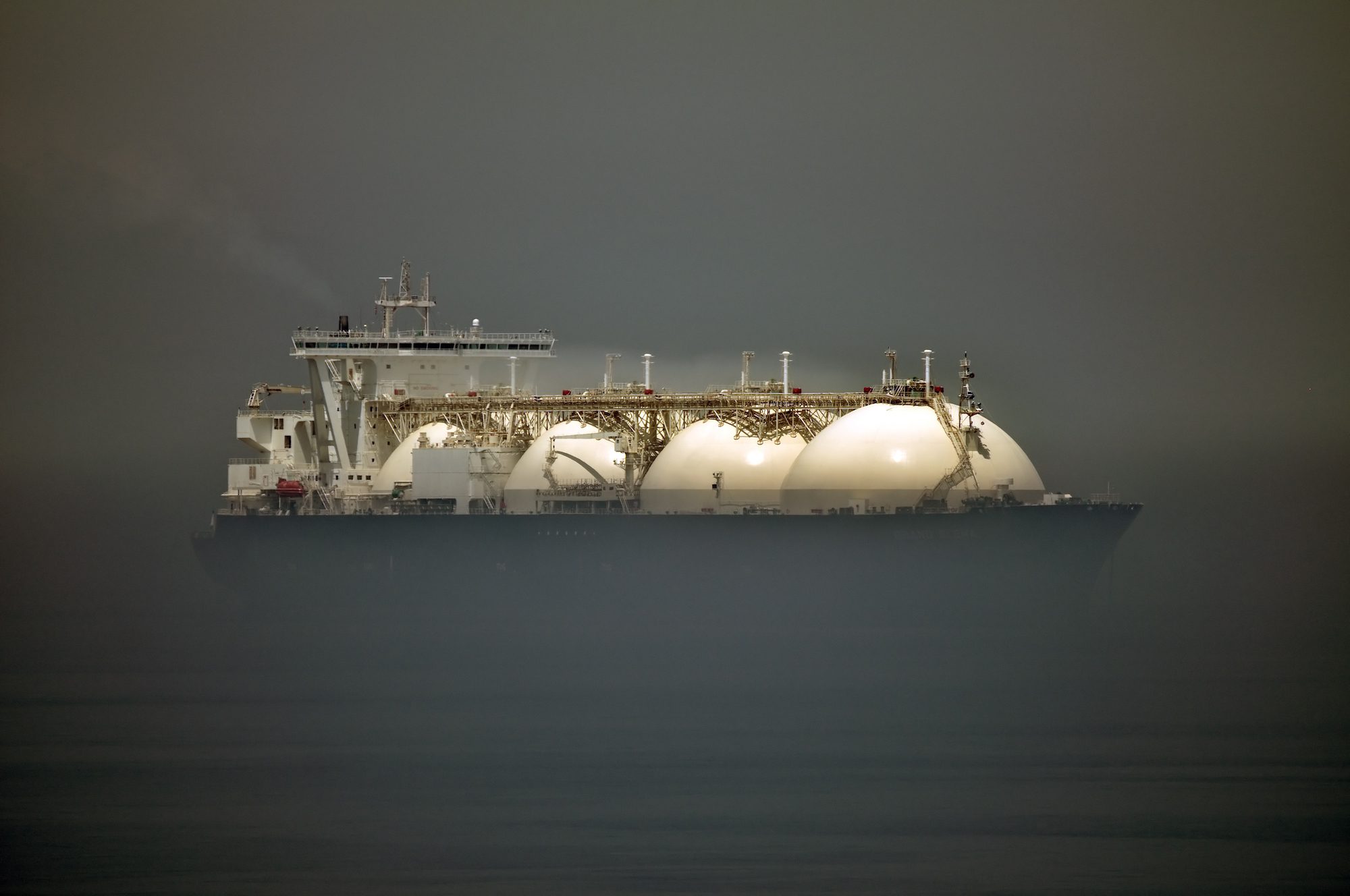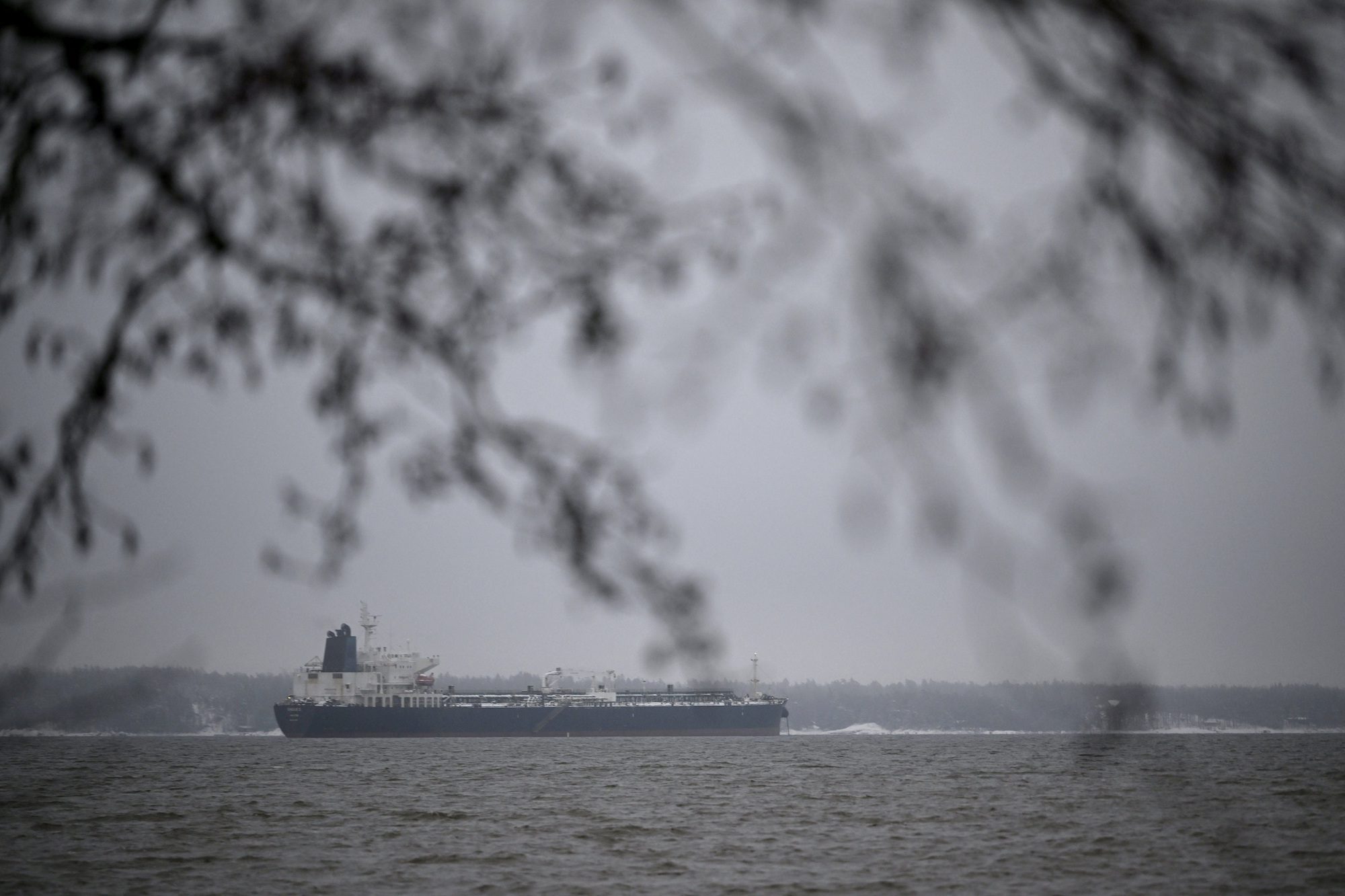Transport Canada is the federal body responsible for transportation safety and regulation. Their Marine departments have been working to support the industry in managing the development of LNG as a marine fuel – in safety.
At a national level, how have you been working with industry to support progress in efforts to use LNG as a marine bunker fuel?
Transport Canada is participating with key stakeholders (including Lloyd’s Register) in the Canadian Marine Liquefied Natural Gas Supply Chain Joint Industry Project focused on developing an in-depth understanding of the barriers – technical, operational and regulatory – to the use of liquefied natural gas as a marine fuel in Canada.
The project consists of three phases considering different regions of Canada.
- Phase 1 – West Coast of Canada was initiated in November 2012, and in July 2013 the process was initiated to assess the feasibility of formally expanding the project to two other Canadian regions.
- Phase 2 – Great Lakes and St. Lawrence, and Phase 3 – East Coast of Canada.
The project will provide technical and operational recommendations for Transport Canada’s regulatory oversight and will determine the barriers that must be overcome to establish liquefied natural gas as a safe and environmentally responsible marine fuel in Canada.
Transport Canada continues to engage with industry to facilitate the examination of liquefied natural gas as a marine fuel in Canada from the West Coast to the East Coast.
Are you comfortable that the risks involved in using LNG as a marine bunker fuel are being addressed?
An outcome of the project will be the development of a suggested regulatory framework. This framework has been developed by considering the risks associated with the use of LNG as a marine fuel in four main areas:
- Vessel design and construction;
- Operations in coastal waters and waterways;
- Bunkering and terminal facilities; and Security (in the sense of protection against malevolent or mischievous actions).
Risk assessments have been undertaken with input from project participants with experience and expertise in each of these aspects of LNG-fuelled shipping. The assessments took into account the availability of present and draft regulations, rules, standards and guidelines and their potential contribution to lowering the probability of incidents or to reducing the severity of their consequences. Results from other published assessments of international case studies and from ongoing work by a number of participating organizations was taken into account.
At an international level how would you like to /how do you see the regulatory road going forward?
The harmonization of Canadian regulations with international standards has been identified in the Government of Canada’s Cabinet Directive on Regulatory Management as a key approach to establishing an effective and appropriate regulatory framework.
Transport Canada Marine Safety (TCMSS) is participating at the International Maritime Organization (IMO) to ensure Canadian interests are represented as part of the development of international safety requirements. The proposed Code of Safety for Gas-Fuelled Ships (IGF Code) will address the safety requirements for these types of vessels. TCMSS is also participating at IMO in the development of a regime for the training and certification of vessel crews and will be taking into consideration the recently released draft ISO Bunkering Standard as part of the development of the Canadian domestic regulatory regime.
Are there any specific bilateral challenges to be addressed in working with the US authorities on gas as a marine fuel
The Canadian Marine Liquefied Natural Gas Supply Chain Joint Industry Project will be exploring these potential challenges if the project moves to the Great Lakes. LNG as a marine fuel has been identified as an item of collaboration between Canada and the U.S. As part of the development of the Canadian domestic regime, TCMSS will be taking into consideration any specific policy developments within the U.S. that may be supplemental to the international regime.
Do you see LNG emerging as more than the enthusiasm of a few operators and, if so, how fast do you see use for marine bunkers developing?
Interest in liquefied natural gas used by ships as an alternative to conventional marine fuel is growing quickly within the maritime community due to its low cost and air emission benefits. Liquefied natural gas is a promising option to comply with the upcoming International Maritime Organization limits on sulphur and nitrogen-based pollutant emissions.
The analysis within the project used port call data for vessels visiting the ports of western Canada in 2011 combined with predicted adoption rates for LNG. The predicted adoption rates considered the type of vessel and the duration of operation within an ECA. Results of this analysis were intended to provide an indication of possible LNG demand on the West Coast.
The number of LNG vessels in operation at 2015, 2020, and 2025 and the associated LNG demand was forecasted using three different adoption rates: low, medium, and high. (The low rate is half of the medium adoption rate and the high adoption rate is twice the medium adoption rate.) The medium base case adoption rate was generated by the task team after reviewing numerous forecasts and adoption rates presented in studies such as Lloyd’s Register (LNG-fuelled Deep Sea Shipping), Germanischer Lloyd (Expected demand for LNG as ship fuel in Northern Europe), and the IMO Feasibility Study on LNG Fuelled Short Sea and Coastal Shipping in the Wider Caribbean Region. The adoption rates reflect key drivers for certain vessels being more likely to adopt LNG such as the time spent in an ECA, the trading profile (liner or tramp), and the type of vessel as LNG propulsion and storage solutions are more easily integrated into certain vessel types. It should be noted that the adoption of LNG by deep sea vessels hinges on the availability of global LNG infrastructure.
The Table below (taken from the project’s task 2 report) details the composition of the West Coast fleet and includes vessels operating domestically and deep sea vessels making port calls to the West Coast and shows the number of LNG vessels that would be added to the West Coast fleet under the medium adoption rate scenario.

The early adopters are most likely to be vessels operating exclusively in an ECA zone such as ferries, cruise ships or tankers. This assumption is consistent with what has occurred in the early 2000s in Norway and more recently elsewhere in Europe where ferry and short sea operators have been the first to use LNG as a marine fuel.
Container ships and various types of bulk carrier operating on fixed routes within an ECA are also possible adopters, as evidenced by recent announcements made by Tote for their new build and conversion LNG- powered container ships on Alaskan and Caribbean services, and also by Interlake Shipping in the Great Lakes.
Are the Federal or Provincial governments actively promoting LNG?
Canada’s involvement in the Canadian Marine Liquefied Natural Gas Supply Chain Joint Industry Project demonstrates a clear message to the marine industry that the Federal Government is working cooperatively with its stakeholders in efforts to remove barriers hindering the use of LNG as an alternative marine fuel.
While the government of BC is already represented on the committee for Phase 1 (West Coast) of the project, the project is working with other provinces to become involved with the Phase 2 – Great Lakes and St. Lawrence, and Phase 3 – East Coast of Canada expansion.
How enthusiastic are, and what is the level of awareness of, the general public and other stakeholders, such as NGOs, with respect to any widespread adoption of LNG?
As stated above, interest in liquefied natural gas used by ships as an alternative to conventional marine fuel is growing quickly within the maritime community due to its low cost and air emission benefits.
The general public may not be aware of the widespread adoption of LNG, but the project is working to address the sensitivities around the public’s perception of LNG in relation to safety. The project is recommending a comprehensive policy covering how the benefits of LNG are communicated to the public to ensure that the public’s perception of the industry is accurate and positive, and that information being distributed is clear, open, and understandable.

 Join The Club
Join The Club












